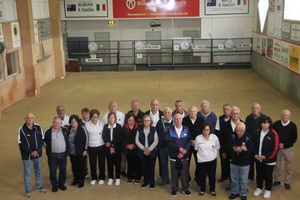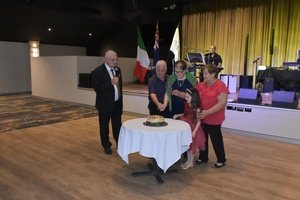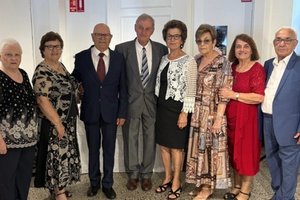The new Decree-Law number 36 of March 28, 2025, concerning Italian citizenship took everyone by surprise. After around two hours of meetings at Palazzo Chigi, the Council of Ministers approved a change to ius sanguinis that completely upends previous legislation.
According to Foreign Minister and Deputy Prime Minister Antonio Tajani, it is a reform “of great importance, as it aims to strengthen the bond between those who want to be Italian citizens and Italy”.
However, the Italian diaspora reacted with particular dismay to the changes that came into effect overnight.
The measure introduces significant changes, starting with a generational limit; citizenship by descent is now only for those with at least one parent or grandparent born in Italy. Those with only great-grandparents or more distant ancestors will no longer have an automatic right.
The decree also requires at least one parent to have previously resided in Italy and introduces obligations to actively “exercise” citizenship to retain it over time.
According to Nicola Carè, a Democratic Party MP elected in the overseas constituency of Africa-Asia-Oceania-Antarctica, this represents “an attack on the fundamental rights of emigrants and their descendants”.
“The recent changes are unacceptable and ridiculous,” he stated. “The official justification -to ‘protect’ the citizenship acquisition process - is just a pretext.
“Becoming an Italian citizen is not just a formality; it’s a recognition of identity, culture and belonging,” he argued.
Carè believes that the government is “imposing restrictions and complications without any reasonable justification”.
“The timing and method of this … show a total disconnect from the real needs of those who have chosen to carry the Italian name and values around the world,” he continued.
“We will fight with all our strength to defend the rights of Italians abroad. We will not allow our identity to be sold out for mere political logic.”
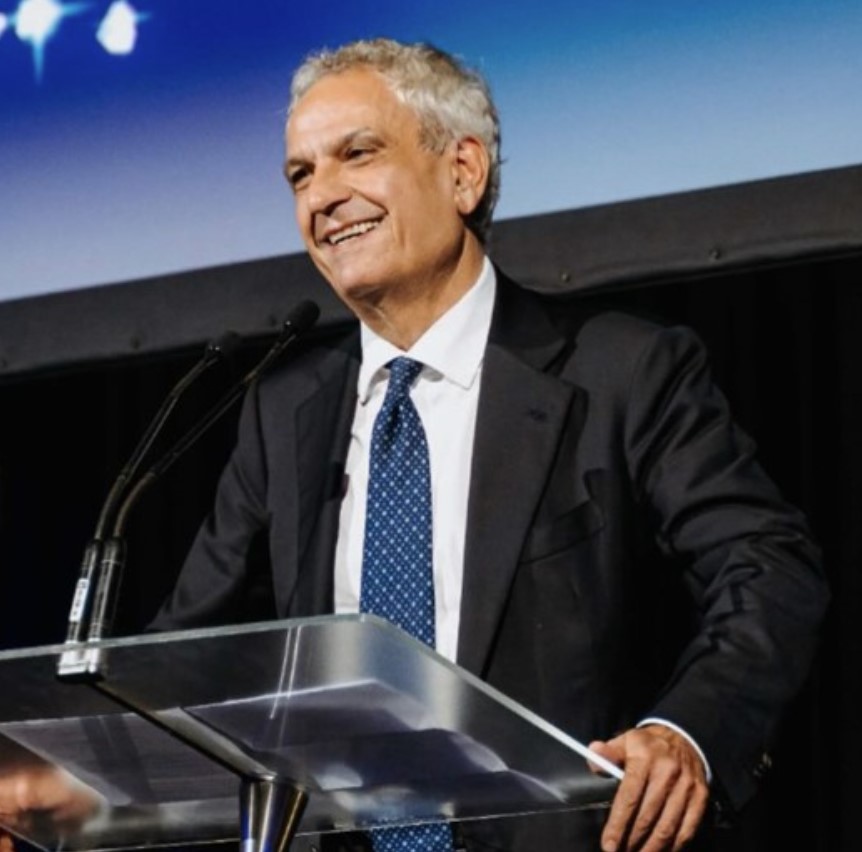
Democratic Party MP Nicola Carè
Democratic Party Senator Francesco Giacobbe, elected in the same overseas constituency, also condemned the decree as “an attack on the rights of Italians abroad”.
Giacobbe believes the decree especially affects historic migrant communities in the Americas and, naturally, Australia, where “since the early 20th century, many families have kept their bond with Italy alive”.
According to Giacobbe, the decree is part of a broader strategy by Italy’s right-wing government to marginalise Italians abroad by reducing funding, consular services and opportunities for political participation.
“There’s talk of an alleged unchecked abuse of citizenship requests, but the truth is that a community that has always contributed to the prestige and growth of our country is being targeted,” he said.
“There is no data proving an emergency severe enough to justify such a drastic and discriminatory measure. A shared revision could have been developed with Parliament’s support, rather than this emergency intervention.”
Democratic representatives abroad have announced plans to propose corrective amendments to the decree “to leave no stone unturned [and] defend the rights of Italians, even if they weren’t born in Italy”.
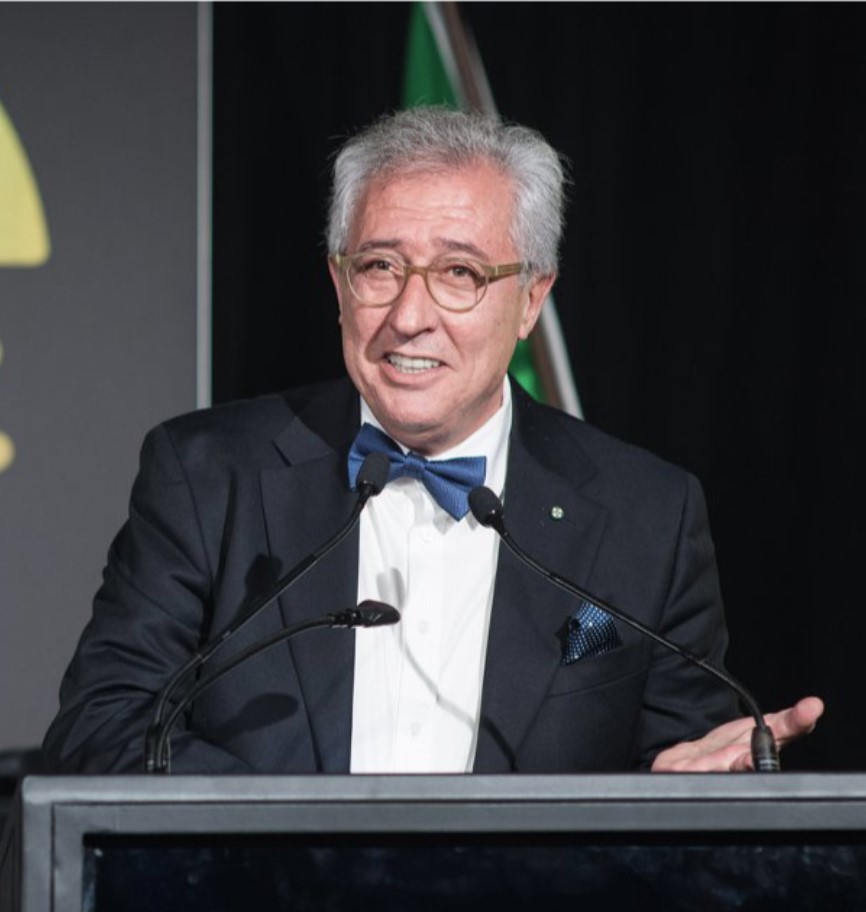
Democratic Party Senator Francesco Giacobbe
Returning from the recent Intercomites Australia meeting in Perth, President of Com.It.Es. Victoria and Tasmania Ubaldo Aglianò also expressed his “perplexity” regarding such a complex and nuanced issue that, he says, did not involve preliminary dialogue with key representatives of Italians abroad.
“We hope that during the conversion of the decree into law, some reforms or amendments can at least be introduced to mitigate or balance the citizenship criteria more appropriately,” he said.
“We hear so many stories daily from descendants who want to apply for citizenship but struggle with long processing times.
“There are indeed objective criteria to respect, such as knowledge of the Italian language, but in the end it’s hard to judge the authenticity of one’s interest in Italy.
“Perhaps, besides language, it would be helpful to check whether one’s ancestors were registered with AIRE; this would demonstrate a concrete bond with the homeland.”
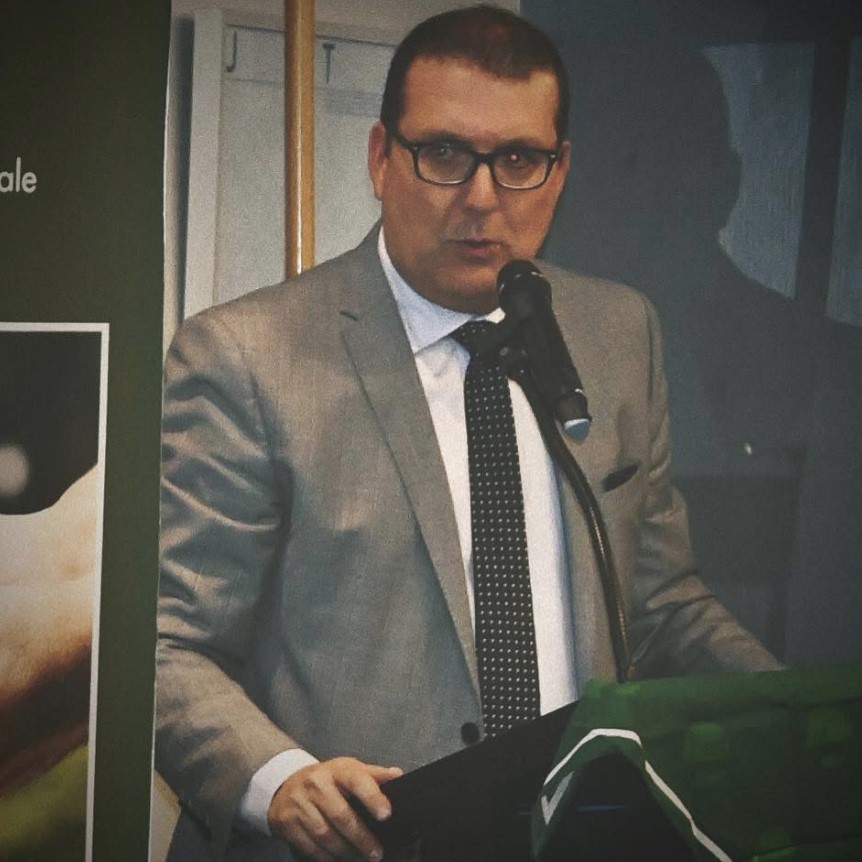
President of Com.It.Es. Victoria and Tasmania Ubaldo Aglianò
One person affected by the recent decree is Jake Vincenzo Kite, a Melbourne resident who has spent years compiling the necessary documents to apply for Italian citizenship, including birth and civil status certificates, translations and legalisations.
His maternal great-grandfather was originally from Vizzini, in the province of Catania in Sicily. He immigrated to Australia after World War I and started his family here. Kite’s grandmother was born before her father became an Australian citizen.
“According to the previous ius sanguinis legislation, even my grandmother - being born before my great-grandfather became an Australian citizen - was technically an Italian citizen,” Kite explained.
“My mother and I therefore had the right to apply for citizenship, even though it required a longer retroactive process.
“The legislative change has a huge impact on me because it now limits the application to two generations.”
Since he hadn’t submitted his documentation before March 27, Kite is now forced to put the process on hold, having only completed his initial consular appointment. Already-completed applications are not in danger.
“I recognise that I had many years to finalise the documents, but we certainly didn’t expect such a change,” he said.
“It’s disheartening because I feel deeply connected to Italy, not only due to the effort I’ve made over the years to learn Italian (editor’s note: he speaks fluently), but also because I recently bought a home in Ragusa, Sicily.”
Although decree-laws are effective immediately, they still require approval by the Italian Parliament within 60 days of issuance.
According to Marco Fedi, the director of Co.As.It. Melbourne, it’s now crucial to highlight the shortcomings of the legal framework, such as the risk of excluding entire generations of Italian descendants abroad “who for decades have nurtured the connection with Italy through affection, culture and participation”; the lack of a clear transitional mechanism for pending applications; and the disproportionate impact on communities that, although geographically distant, sincerely live the Italian identity.

Director of Co.As.It. Melbourne Marco Fedi
“We believe it’s essential to begin a consultation phase with overseas communities, constitutional and international law experts, consular staff and patronage organisations that assist citizens daily in the recognition process,” continued Fedi.
“In such a delicate moment, we need thoughtful choices, mutual listening and responsible dialogue that focuses on the unity of the global Italian community, in respect of our history.”





